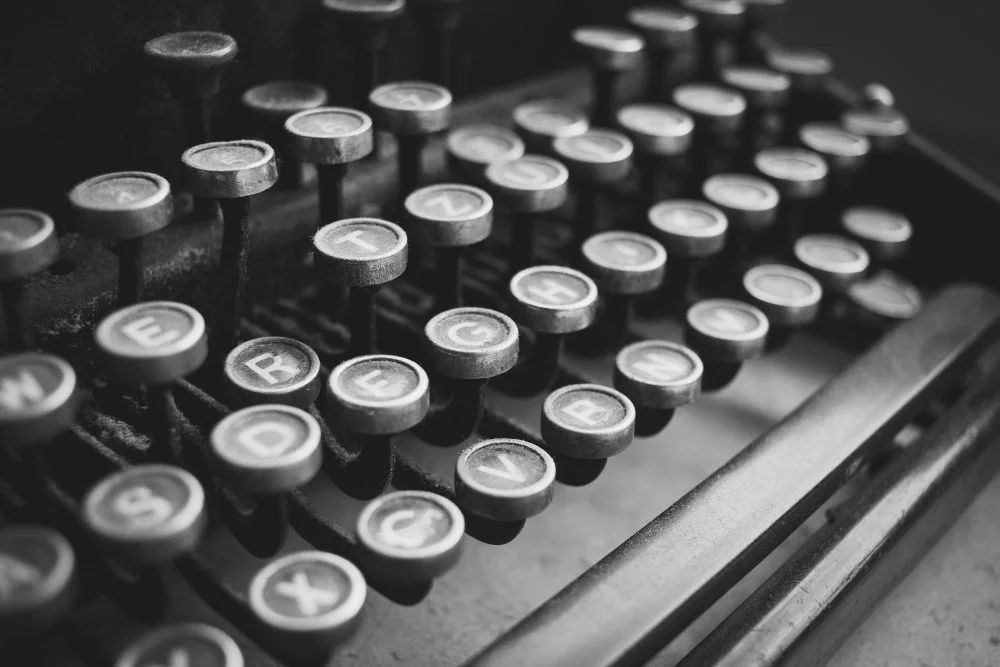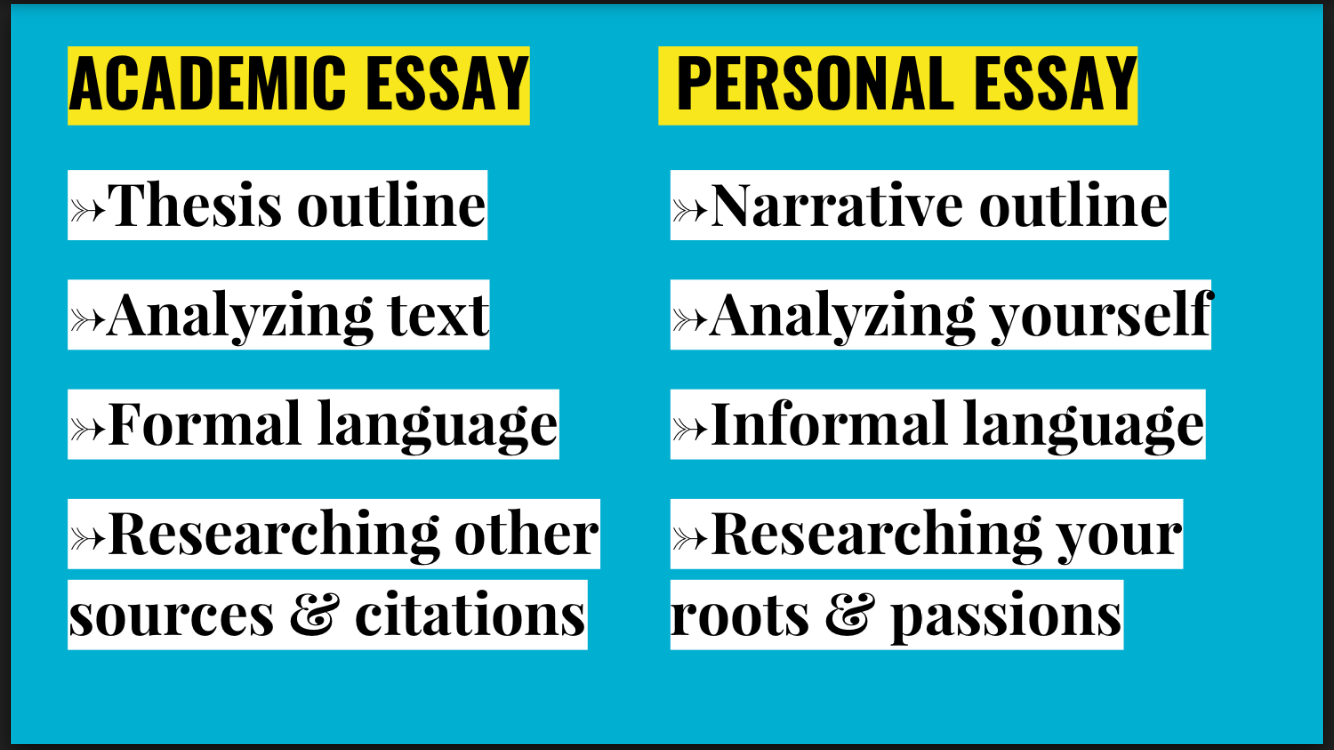Feeling Stuck on Your Personal Essay? 7 Memoirs to Inspire You
/One of the best ways to overcome writer’s block and improve your writing is by reading other works in the same genre. These are four memoirs I recently read and loved that can inspire you no matter which topic you end up choosing. Each book has a unique style and story, so it’s a good reminder that there’s no such thing as one perfect approach to personal storytelling. (Still stuck on your draft? Go to your nearest bookstore or library and spend some time in the Memoir or Personal Essay section with a notebook in hand. Find one that speaks to you and start free writing. I swear it works!)
1) All That You Leave Behind by Erin Lee Carr
This memoir is both a heartwrenching ode to Carr’s famous media columnist father — who passed away one cruel random night when she was just 26 — and an honest reflection of how she overcame her own alcoholism. She describes the struggles of making it in her early 20s with pathos and humor. The book grapples with questions like what it means to be heir to a media legacy while you are still figuring out your own path, and how much you really inherit from your parents.
Good for: Writing about a death in the family or struggling with overcoming an addiction.
Get inspired by: Her crisp, clear prose shows how to storytell without needed to embellish. She gets real without feeling like a diary entry. She also writes about her alcoholism by acknowledging her mistakes, which is crucial. Her self-awareness is inspiring. You never want to sound like you’re making excuses.
2) Educated by Tara Westover
This memoir is a beautiful account of surviving an extreme Mormon survivalist sect so against the “government” that she grew up without a birth certificate. Westover details being forced to do dangerous hard labor as a kid and being abused by an older brother whose mental health issues are ignored and denied. The story is ultimately inspiring: She went on to graduate from Cambridge with a history PhD.
Good for: Writing about a complicated family upbringing.
Get inspired by: Great examples of deep self-reflection and answering the “why.” Westover has had years to process what happened to her (hopefully with therapy), so she is able to describe her past in a way that is deep but not accusatory. When writing about abuse, the tone is really important in showing how you overcame the adversity, and Westover’s descriptions are a good example of showing hurt without sounding bitter, which is a hard balance to strike when writing about something so personal.
3) Feast by Hannah Howard
I profiled Hannah for our alumni magazine and this is how I described her book: “Feast chronicles her rise through the ranks of the New York City restaurant scene — all the while binging and starving herself. The bildungsroman explores how a foodie makes peace with food, how it is both her greatest love and worst nightmare. The memoir is as much a love affair with food, and the chefs and grocery scions that make up its world, as it is a love affair with NYC.”
Good for: Writing about personal issues like eating disorders.
Get inspired by: Hannah’s a poet first and her lyricism and poetic descriptions show how powerful literary nonfiction can be. If you want to take your writing to the next level, this is a great example of how to do so.
4) Born a Crime by Trevor Noah
Noah explores his upbringing in South Africa during apartheid and what it felt like to grow up hiding for having a white father. His story also delves into domestic abuse, alcoholic family members, the economic need for crime in poverty, and trying to become a man in the aftermath of a broken system. He brings humor to tragedy, all the while explaining the sociopolitical movements happening all around him with ease.
Good for: Writing about complicated matters like race with humor.
Get inspired by: Noah is a brilliant comedian at the Daily Show for a reason: he excels in using humor to talk about yourself even when the subject matter is depressing. He’s also a pro at explaining complex historical events in easy-to-understand prose, which is a good reminder that your essay must be clear and leave no questions unanswered.
5) Persepolis: The Story of a Childhood by Marjane Satrapi
This graphic memoir recounts Satrapi’s youth in Iran during the Islamic Revolution and the Iran-Iraq War. Through her black-and-white illustrations, she describes her life as a precocious child of progressive parents, navigating the drastic societal changes and personal losses. Despite the harrowing backdrop, the story is also filled with wit, whimsy, and typical teenage experiences.
Good for: Writing about growth in challenging circumstances and the interplay between personal and historic events.
Get inspired by: The combination of personal narrative with larger historical context. Satrapi’s authenticity and honesty, even in crucial moments, demonstrate the power of genuine storytelling. The graphic novel format shows that creative approaches can make a story compelling. She successfully mixed humor with serious themes to create an intriguing and balanced tone.
6) The Glass Castle by Jeannette Walls
Jeannette Wall’s memoir recounts her tumultuous childhood in a family marked by poverty, instability, and alcoholism. Despite constantly moving and incessant hardships, her parents instilled a sense of adventure and resilience. Jeanette and her siblings escape to New York where her parents eventually follow. The memoir reflects on her childhood, recognizing the pain and freedom her parents gave her.
Good for: Writing about overcoming (childhood) adversity, dealing with a dysfunctioning family, or finding strength in misfortune.
Get inspired by: Wall’s candid portrayal of her past and her journey to self-discovery and reconciliation. While conveying the complexity of her upbringing, she continues to employ an optimistic tone despite the often faced adversity. By using a positive outlook throughout the memoir, she embodies strength and honesty that make her story compelling to readers.
7) Somebody’s daughter by Ashley Ford
Ford recounts her challenging upbringing as she grew up in a single-mother household with an absent father in prison. As a teenager, she learns the truth about his crime, creating turmoil in their relationship and sparking an identity crisis. Supplemented by her struggles with sexuality and family, Ford discovered her radiating resilience. Despite her hardships, she earns scholarships and reconnects with her father, leading to an emotional confusion which eventually becomes catharsis.
Good for: Writing about overcoming adversity as a black woman, navigating complex family dynamics, or discovering identity and resilience.
Get inspired by: Ford’s ability to maintain empathy for even the most flawed people in her life. Her emotional maturity demonstrates the power of self-discovery and moving beyond a victim narrative.
Editor’s Note: This post was originally published on July 2019 and has been updated with new relevant information.






























